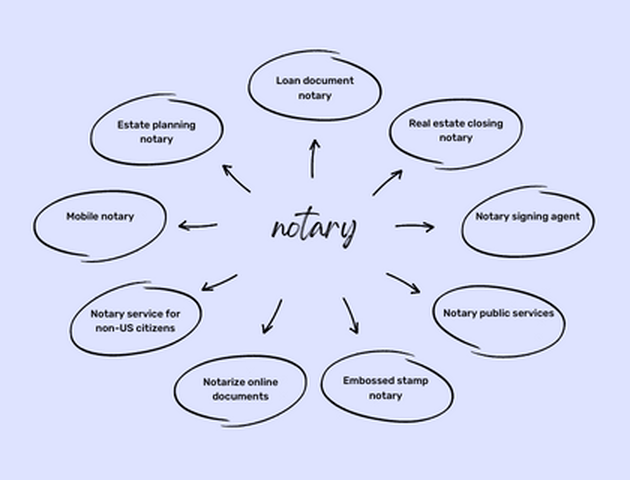|
You might have heard that Notaries and the practice of law are separate things
First off, a Notary Public is not a lawyer. In fact, giving legal advice is a big no-no for Notaries unless they are also an attorney but that's a different topic! and for good reason. They can’t act as legal advisors because, without the proper qualifications, it’s like walking a tightrope without a safety net – a serious legal faux pas. giving legal advice is off-limits. Sometimes, Notary Publics ARE lawyers but not at Notary Services etc in Kern County , California. It is important not to expect them to be your legal counsel, guiding you through the legal maze. So, what’s the big deal? Well, it’s called the Unauthorized Practice of Law, and it’s a serious deal-breaker. For instance, a loan signing agent in Kern County, California can’t guide you on legal matters or tweak the fine print on your documents. Here’s the scoop: a General Notary can’t advise you on filling out those forms or make changes to what you’ve already written down. They can draft and edit legal documents, but it’s all under the watchful eye of a licensed attorney. Ignorance is not bliss when it comes to the law. If you’re looking for a mobile notary in California, remember that each state might have its own set of rules. If you're ever in doubt, play it safe and ask Susana these questions yourself! I'm here to help clarify facts!
0 Comments
Leave a Reply. |
Archives
May 2024
Categories |


 RSS Feed
RSS Feed